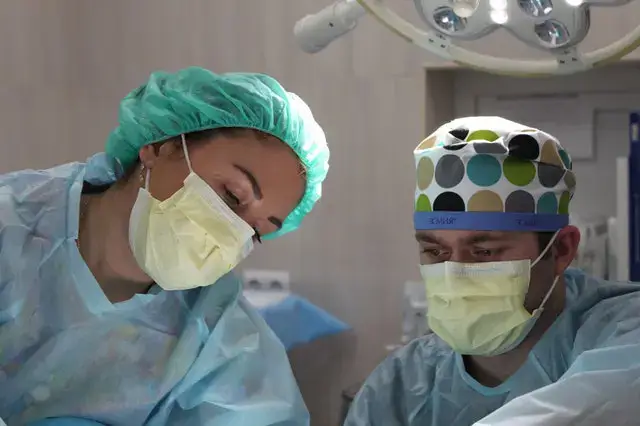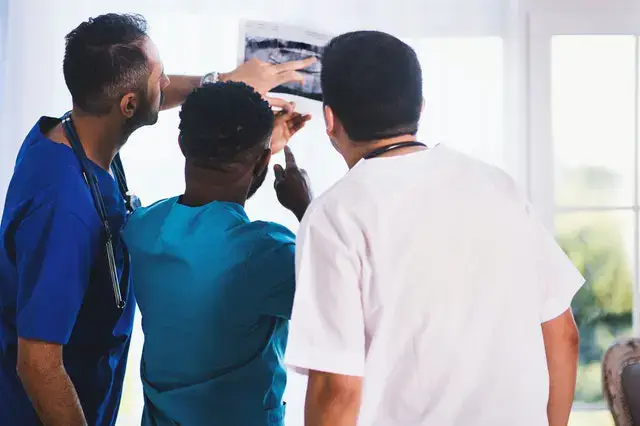
13 June 2020 - 4 min read
The CIPD asked two leading HR professionals from the NHS to address the conference on the first afternoon and share their experiences. The first of these was Danny Mortimer who started by saying that before Covid-19 the NHS was already facing significant challenges linked to an ageing population, an increase in mental health issues and the government’s austerity measures. For the NHS workforce shortages are an ongoing issue.
The pandemic required significant and steady responses moving people to different roles and environments within a matter of weeks. HR had been core to this especially offering support to staff anxious about PPE. Another worry was the high percentage of BAME staff in the NHS (20% across the country) who have been shown to be more at risk than the white population. Danny went on to say that looking forward there would still need to be some Covid capacity in the future but the NHS would need to catch up with non-urgent treatments. There were also issues to consider regarding the trauma experienced by NHS during the crisis and how they could be supported. The recruitment and retention of nurses will still be an issue as is race equality. Finally, lack of investment in social care has a knock-on effect on the NHS as they are often supporting the same people.

The next speaker was Theresa Nelson who said that these had been exciting times for the NHS. Dealing with patients’ anxiety, repurposing staff into new roles, stopping some services, social distancing training had been among the challenges facing the NHS from February 2020. In terms of the future some staff had liked their new roles and wanted to remain there and some who had been working from home would like to remain there. Circumstances meant that changes had to be made much quicker than was the rule for the NHS and Theresa hoped that this would continue into the future and HR had become more agile. Lack of childcare and schooling will remain an issue for many staff.
NHS employees really appreciated the support shown by the public – the Thursday evening clapping, food being sent, and hotel rooms being offered to those who needed them all of which contributed to improved morale. It had been necessary to fully deploy nurses close to completing their training but this would not be an ongoing practice. The loss of 200 staff due to Covid was an ongoing sadness as well as issues with PPE and testing. Social distancing would also remain in place. The command and control culture at the height of the crisis will need to be relaxed with a lot more two-way communication.

The speakers were both concerned that the idea of NHS staff as heroes should not continue but that they should be treated as professionals instead. There was also a worry that the long term economic effect would further deplete funding for health and social care. The use of remote consultations may provide ongoing changes but this was a little unclear as yet. Their final thoughts were however that the NHS was emerging more flexible, resilient and risk averse to embracing change.
Acacia Learning has been working with the NHS since 2007. So very many Trusts have sent their CIPD students to study with us and we have supported many teaching hospitals by hiring their training rooms to deliver our programmes especially Guys and Great Ormond Street which we have been using for more than a decade. The flexible nature of our courses means that when extraordinary times confront our learners they can take a break from their studies recommencing as things ease.
Find out more about the Acacia Learning story here >